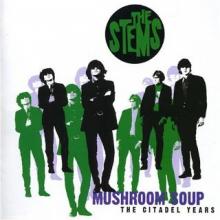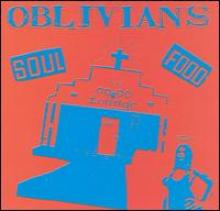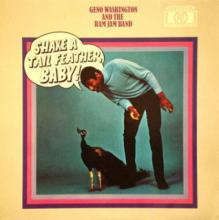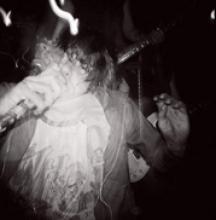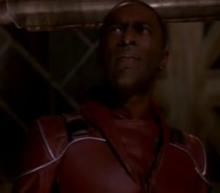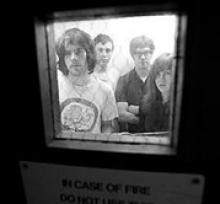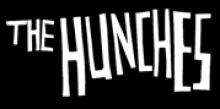Who Killed Nancy? Does Anyone Care?
The impetus for such work is probably still exploratory for Parker – or at least we can hope. Of course, any journalist or non-fiction filmmaker totes around the stench of opportunism at points. And Who Killed Nancy? could easily be understood in such light.
Beyond the sensationalism surrounding this mess, is the problem of what the film actually constitutes. Since the case has been closed by the New York Police Department, there hasn’t been any new information excised in decades. So, apart from not having new information which could potentially lead towards a conclusive state about who killed Nancy Spungen, the majority of Parker’s film simply details events that have been chronicled elsewhere.
Now, perhaps the details of the murder haven’t been drafted from interviewees on film, this being the only reason for such a document to exist. But more than anything, the film suffers from being grossly mis-titled seeing as there’s more about Sidney than Nancy. How ‘bout, Is Sid a Killer? That arguably better title includes an easily recognizable name and has the word ‘killer’ in it, ostensibly an advertising coo.
Maybe this has been too critical a write up. For just about the last fifteen minutes or so, Who Killed Nancy? does attempt to suss out some conclusion and settles upon some actorly type named Michael. A series of people say roughly the same thing – the guy was in the apartment, perhaps more than once, the night Nancy died and drugs were involved. So, with such a litany of leads, why wasn’t Parker able to track the guy down?
A gentleman – a rather well preserved and attractive one at that – who accompanied Michael to Sid and Nancy’s apartment that evening even gets a bit of screen time. So, even if the rest of the folks interviewed who recall this guy couldn’t summon his last name, Michael’s avowed friend probably does.
All of the other shortcomings this film carries – the lame animation interspersed attempting to recreate the fateful evening, the atrocious soundtrack and overall inconsistent audio and video – seem inconsequential when Parker’s journalistic acumen is revealed to be just short of high school level. He owes viewers at least another fifteen minutes of footage showing the search for Michael. Here, I’ll help…MICHAEL?!?!??! That was just better than the film.

